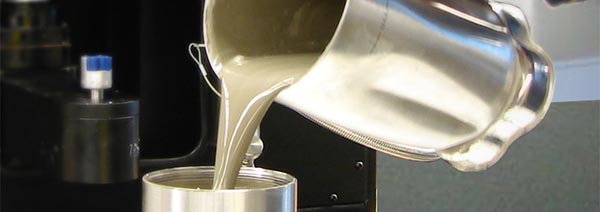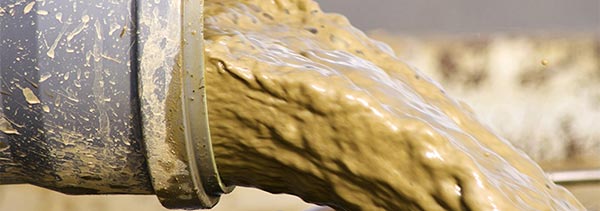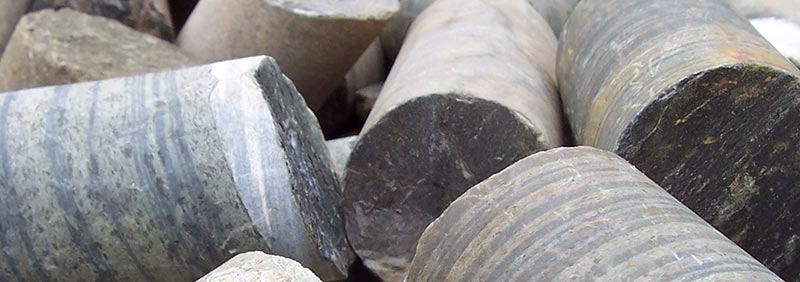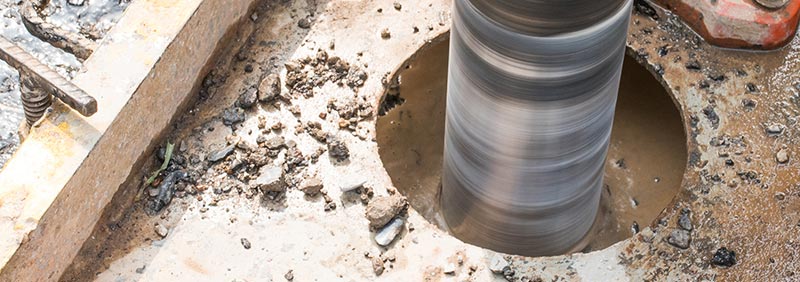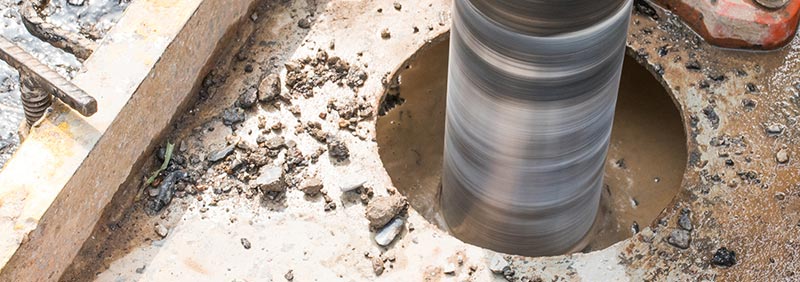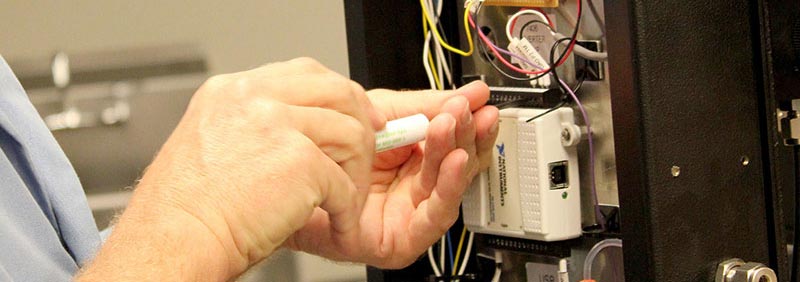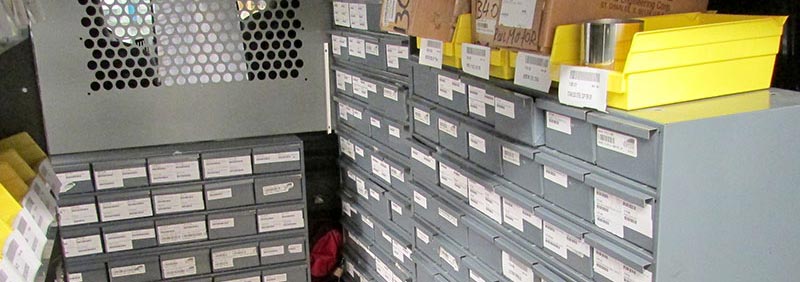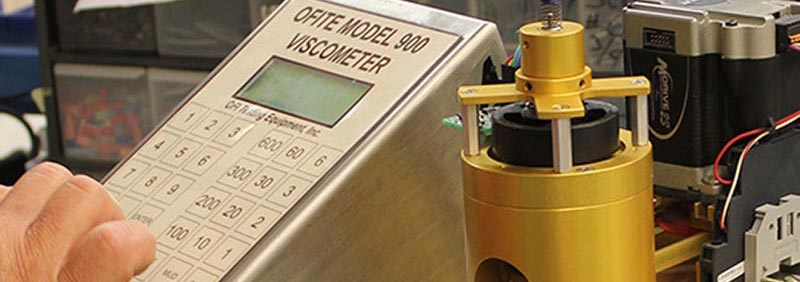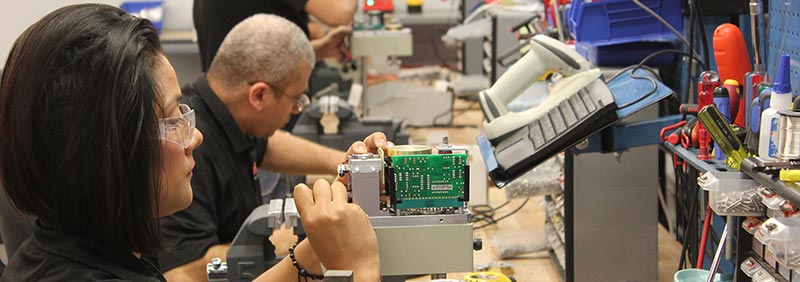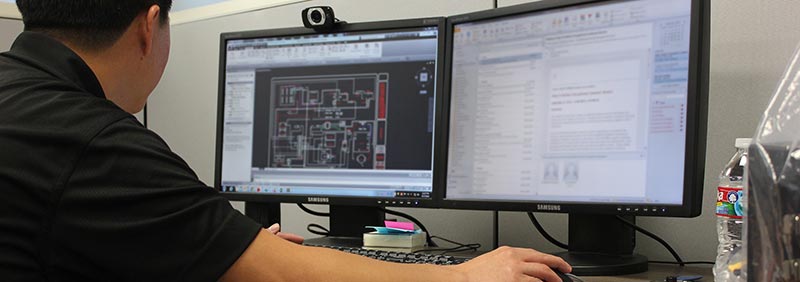HOUSTON, Texas — September 27, 2004 — The United States Patents and Trademark Office recently granted Patent No. 6,776,028 to OFI Testing Equipment, I...
Newsroom
HOUSTON, Texas — August 9, 2004 — OFI Testing Equipment (USA), a leading manufacturer of testing instruments for the drilling fluids, cementing, and w...
HOUSTON, Texas — (BUSINESS WIRE) — October 6, 2001 — As part of their effort to produce innovative instrument designs for the oilfield industry, OFI T...

